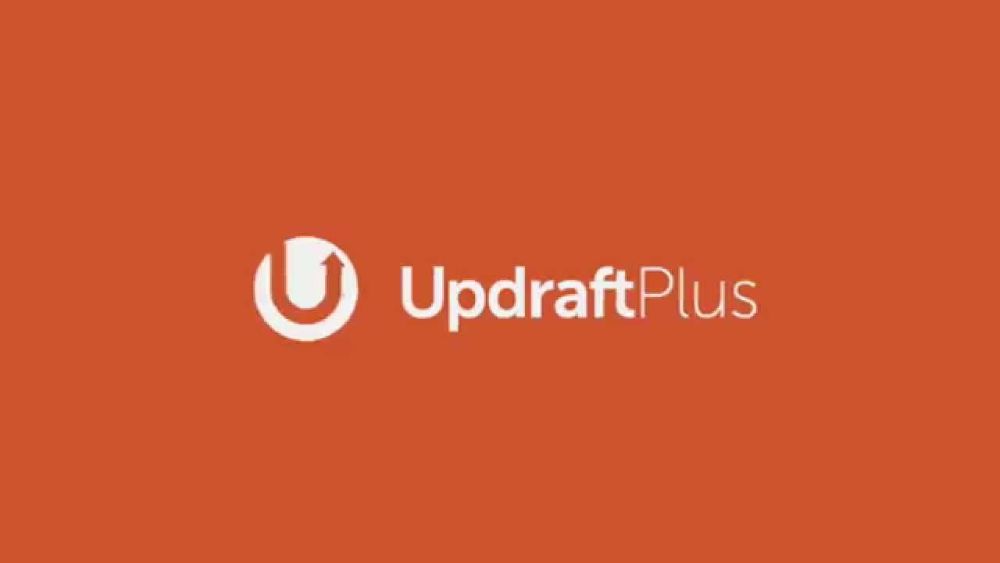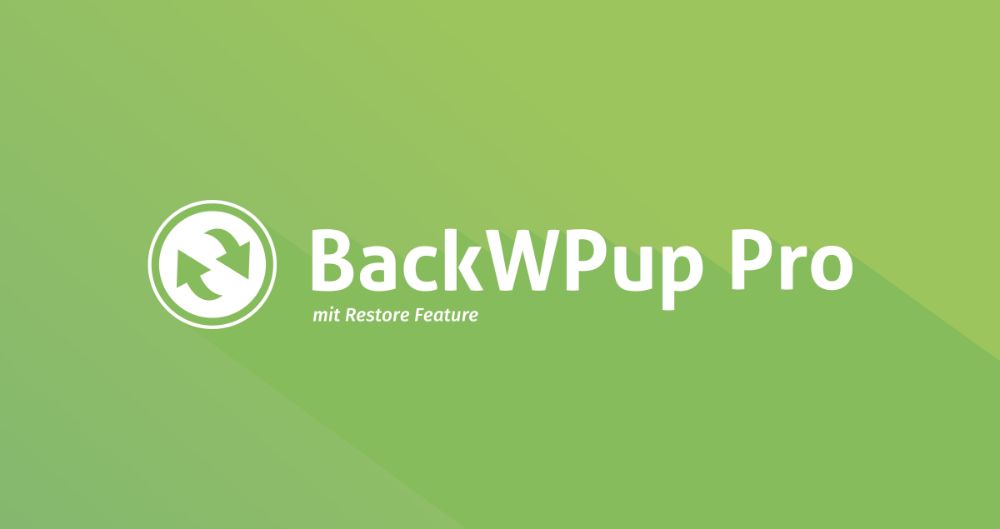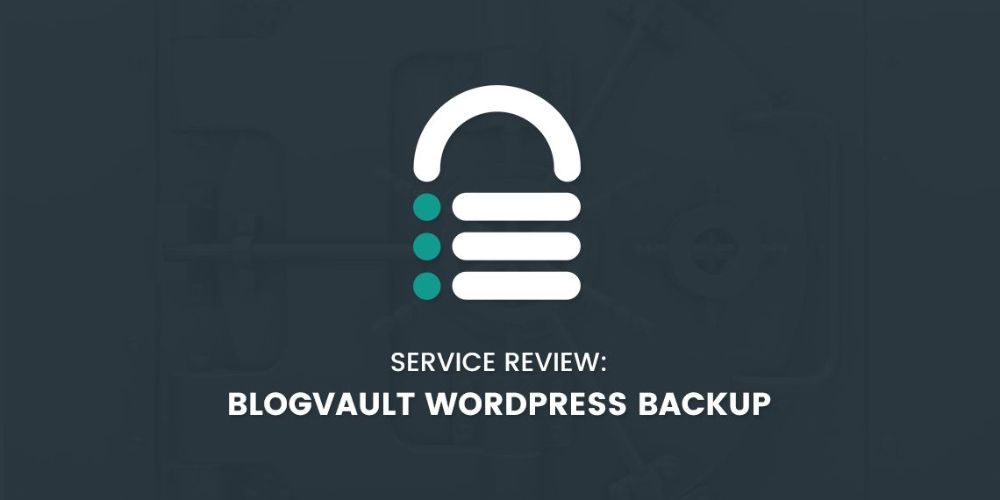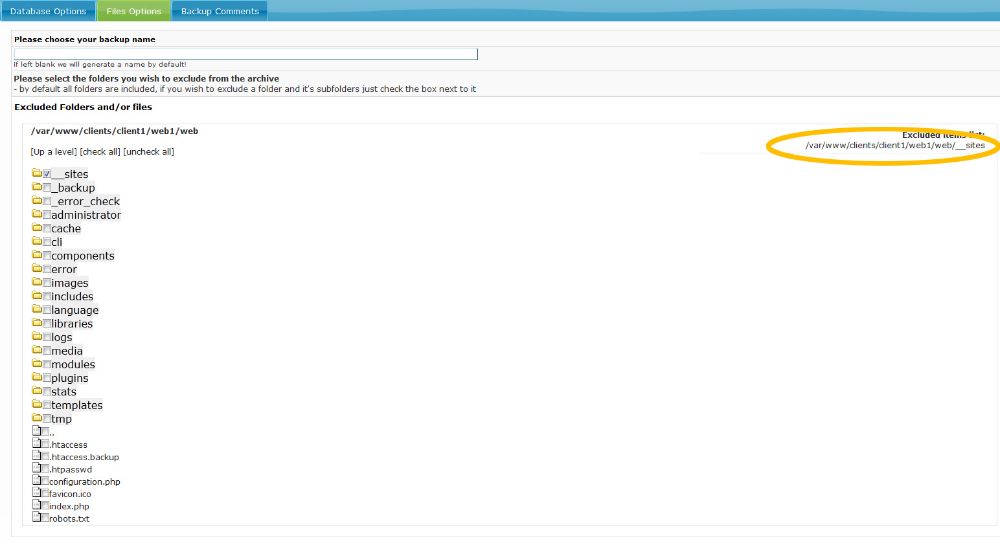A backup plugin isn’t something you just look at and purchase. There are overwhelming numbers of WordPress Backup Plugins available for your WordPress website. You need to consider many factors before choosing the ideal WordPress plugin to back up your business or personal website. However, investing in the right backup plan is always an investment. Sometimes, a free WordPress backup plugin with limited features may be sufficient, but not using any plugins to back up your website could prove to be way more expensive.
There are different features to look out for, to better understand your requirement and choose a website backup plugin accordingly. The different kinds of backups generally available are Database backup, Complete backup and Schedule backup. Database backup plugins let you only backup for WordPress database. The complete backup plugin would allow you to backup the entire website, your database and all WordPress files. Finally, scheduled backup allows the user to schedule and plan their backup automatically. Earlier WordPress plugins would allow you to store your files only on the local server. With the improvement in technology and security, the good WordPress backup plugins allow you to store your backup to Dropbox, Google Drive and other remote locations.
Now that we know what we can expect from a WordPress Backup Plugin, let’s have a look at the best WordPress Backup Plugins for the year. There are both free and premium plug-ins in this list, and you can choose according to your needs, preferences and budget. Please note, these plug-ins are not listed in the best to worst order – they are simply numbered so it’s easier to keep track. You can pick any one of these backup WP plugins that you find best suits your needs.
1. WP Time Capsule:
WP Time Capsule is one of the ideal WordPress backup plugins if the user wishes to backup just their recent files and not the entire website. It allows the user to back up to their favorite cloud storage sites like Dropbox, Amazon S3 and Google Drive. The best advantage of WP Time Capsule is that it doesn’t consume many resources on the server as it doesn’t compress and zip the backup files.
For using this backup plugin, the user needs to register for a WP Time Capsule account and install the free plugin. Connect this plugin to the cloud apps like Dropbox to send the backup files to the user’s preferred locations. Once the user is done with a full backup, they can schedule a time for recently changed files to be backed up.
2. Updraft Plus:
UpdraftPlus has remained one the most sought after free WordPress backup plugin. More than 2 billion websites are using this plugin. The plugin allows the user to backup their entire WordPress website and cloud store it and downloads it back to your desktop. Updraft Plus allows the user to schedule backups also make on-demand backups whenever needed. The ease of customization is appreciable as it allows the user even to select the files they want to backup. It has the capability of automatically storing the backup to external cloud storage services like Dropbox, Google Drive, Rackspace, email and others. This plugin allows the user to restore their backup from the WordPress admin panel itself.
This plugin does have a premium alternative as well, that allows the user to clone or migrate websites, search and replace the database and support multiple websites. Buying the premium version also gives the user access to priority support. The price for the premium plugin is placed at $70.
3. BackWPup:
BackWPup is one of the free WordPress backup plugins. It allows the users to create complete WordPress backups for no cost. The users can store their backup on the cloud-like Dropbox, Amazon S3 and more. The user can also make use of FTP, email or local storage on their computers. The backup process is straightforward, and the user can schedule their automatic backups and match it with the site’s update frequency. The free version also allows restoring the website effortlessly. There is a premium version available as well that gives the user access to priority support and enables them to backup on Google Drive as well as gives access to other cool features. More than 600,000 websites have used this plugin.
4. VaultPress by JetPack:
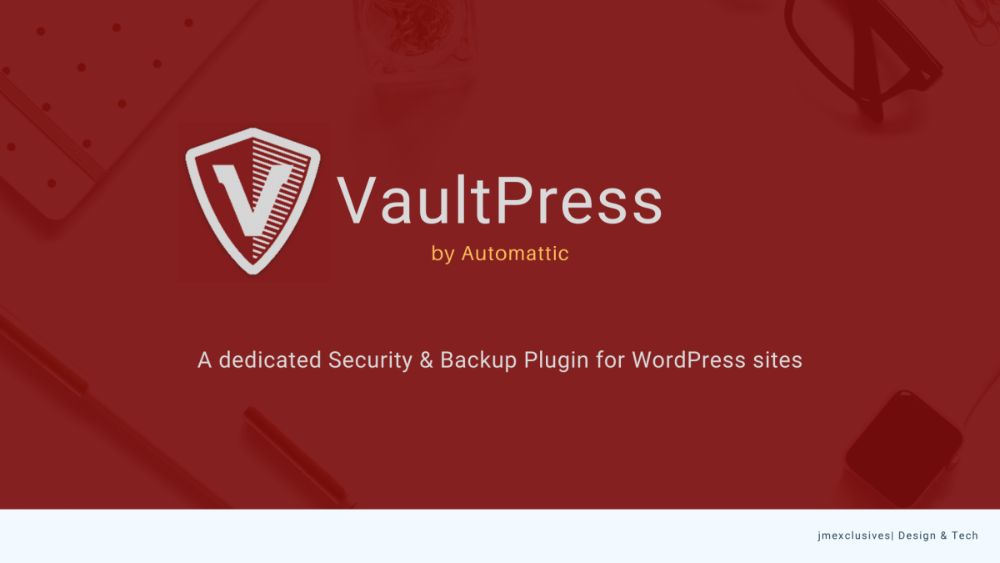 VaultPress was initiated by Matt Mullenweg, who was one of the WordPress co-founders. He leads a team called automatic, under which Vaultpress originated. It started as an individual plugin; however, later on, it got merged with another product by Automatic, named JetPack. This means that to use VaultPress, users need to have a JetPack subscription. This WordPress plugin has various pricing plans, and for each plan, there are a different set of features.
VaultPress was initiated by Matt Mullenweg, who was one of the WordPress co-founders. He leads a team called automatic, under which Vaultpress originated. It started as an individual plugin; however, later on, it got merged with another product by Automatic, named JetPack. This means that to use VaultPress, users need to have a JetPack subscription. This WordPress plugin has various pricing plans, and for each plan, there are a different set of features.
It is ideal for people looking for automated backup, as it provides automated real-time cloud backup for a cost of $3.50 per month. The process to start your backup requires a few clicks and is easy to set up. The level of security is linear to the price plan of VaultPress you opt for. So is the case with the features. Since the plugin is by a WordPress co-founder, it has remained a favorite backup plugin for many in the industry.
5. BoldGridBackup:
The BoldGrid group is a website builder that is powered by WordPress. BoldGrid backup is their automated WordPress Backup plugin. The plugin allows the users to create website backups, switch sites when switching hosts and also restore the site after it crashes. It offers the user the choice to create automatic backups or choose manual backups, which can be set up using a single click.
Either way, the plugin is smart enough to have automated fault protection that would automatically create a backup of your site every time before it updates. This is handy, as updates can fail at times, and in this case, BoldGrid’s automated fault protection would rollback your last functional version of WordPress to its latest backup. This WordPress backup plugin allows the user to store 10 backup archives on the WordPress dashboard and more on any remote locations like FTP or Amazon S3.
6. BackupBuddy:
The name sounds friendly, and this WordPress backup plugin is also one of the more frequently used WordPress backup plugins. This plugin allows the user to schedule their backup on a daily, weekly or monthly basis. The plugin lets the user store their backups to cloud storage locations like Dropbox, Rackspace, Amazon S3 and more. One more cloud storage service they allow to store the backup in is Stash. Stash is their cloud storage service. Hence if the user opts for Stash, they can take advantage of real-time backups.
What separates BackupBuddy from most of the Backup Plugins is that it is a non-subscription based service. This means there are no monthly charges. When you buy the plan, you have to mention the number of websites you would be using it for. Apart from this, you will be able to use their support forum, have 1 GB stash storage for your backups, regular updates and more. They also have an iTheme sync feature, using which the user can manage 10 WordPress websites from one dashboard. The plugin costs $52 for their blogger plan that gives the user license for 1 website.
7. Duplicator:
Duplicator has been one of the popular WordPress backup plugins that are known for its migrating WordPress sites services. It makes it easy for the user to backup all WordPress files in a zip format, which allows the user to download it offline and migrate across different or same servers. Duplicator as the name suggests, as the ability to clone pre-configured sites that save the effort and time of manually re-configuring the user’s favorites themes or plugins. It allows the users to schedule their backups, send the files to cloud storage and also enable email notifications.
8. BlogVault:
BlogVault is also one of the popular WordPress backup plugins. What sets it apart from other plugins is that it is Software as a solution (SaaS) instead of just a WordPress plugin. BlogVault creates offline backups on its servers that allow the user to have zero loads on their server. The user can create an automatic backup for their websites daily as well as choose to make as many on-demand manual backups as they like. The smart incremental backup syncs only incremental changes so that the server load is minimal. This additional feature improves performance efficiency of the site.
BlogVault also allows users to recover their websites with ease. It allows the user to store 90 days backup archive, hence protecting the website from any uncertain difficulties. It is priced at $89 for the basic plan with one licensed website.
9. BackUpWordPress:
BackUpWordPress is one of the easy to use WordPress backup plugins. It requires no configuration or set up process from the user’s side. As soon as it gets activated, it backs up the user’s files out of the box. The backup files would be stored in a predefined directory /wp-content/backups location. However, the user can change this path if they wish to.
It is encouraged to change the path since all your WordPress files and non WordPress files would be saved in this path. The plugin is supported on Windows and Linux servers. The user has the option to exclude the files they don’t want to backup.
10. XCloner:
This is one of the professional WordPress backup plugins for the year that allows the user to create a complete and safe backup for any PHP/Mysql website. They can restore it from anywhere. The user can set automatic backups, add security, and take advantage of the open-source and professional support for any difficulties.
These were the 10 best WordPress Backup Plugins of the year that you should make use of today. WordPress backup plugins have come a long way since their inception, and the companies that have stayed always keep updating their security and backup algorithms to keep up with the changing times. With cloud storage migrating data and storing data has become much easier. This leads to lesser load on the server, and thereby the website.
Having a backup is an absolute must in today’s time where websites are getting bigger and increasingly complex. There is also the risk of security attacks and attempts at hacking. Hence it’s in a user’s best interest to remain prepared for unforeseen situations. Many times as web designers, one needs to hand over the login credentials to the client. If the client messes something up, it helps if the designer has taken precautionary steps. They back up the site before handing it over to the client — this way the site can be restored from all its faults and be fully functional once again.
Depending on the requirement of the type of backup and size of the backup, decide on one of the plugins from the list above. Backup is a must when it comes to websites. Websites can be prone to a lot of external and internal threats. You should be responsible and get one of the backup plugins as soon as possible. Make sure to understand the offerings of each backup plugin and comparing them with a few others before deciding on one that you want to use.


